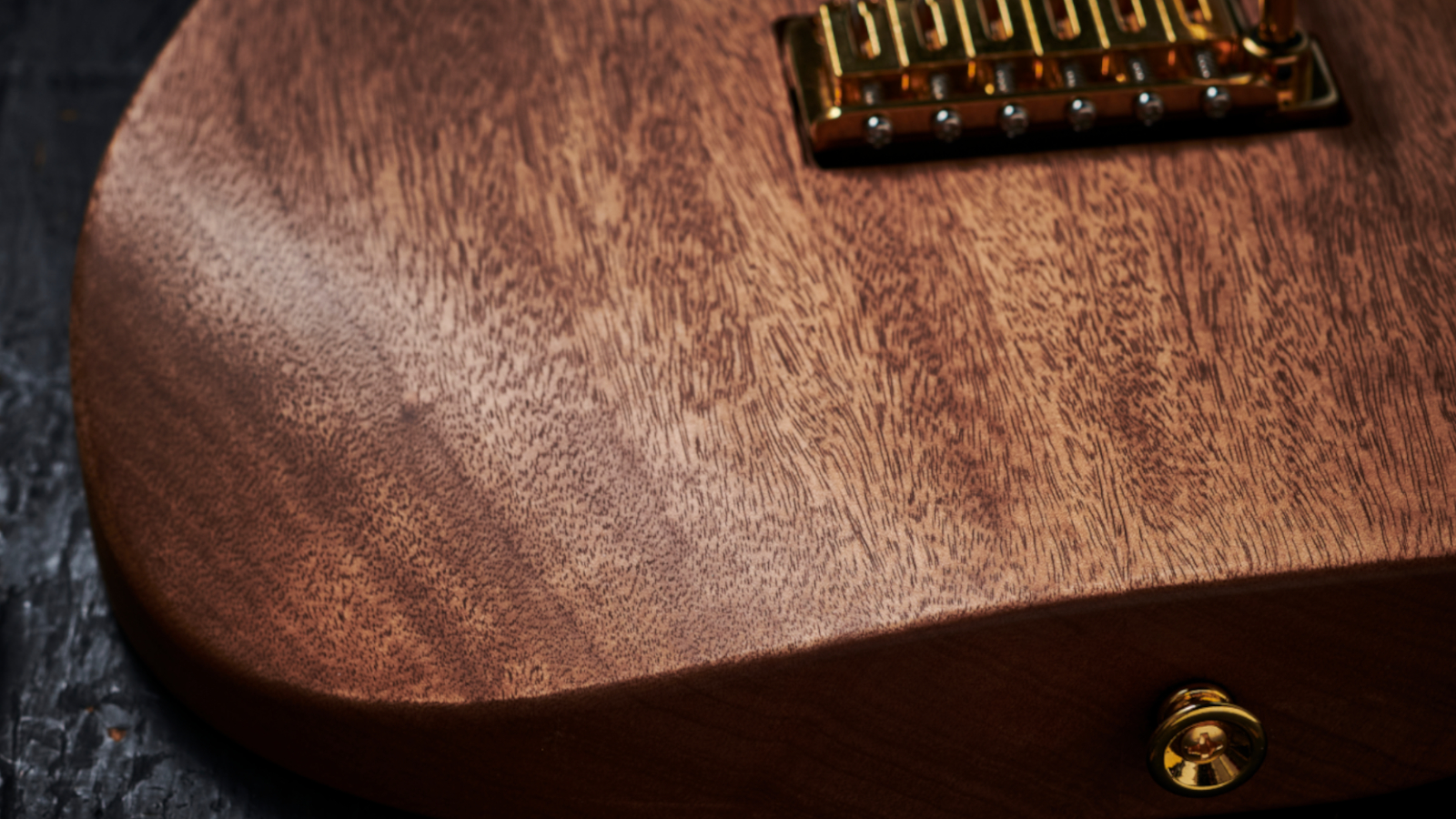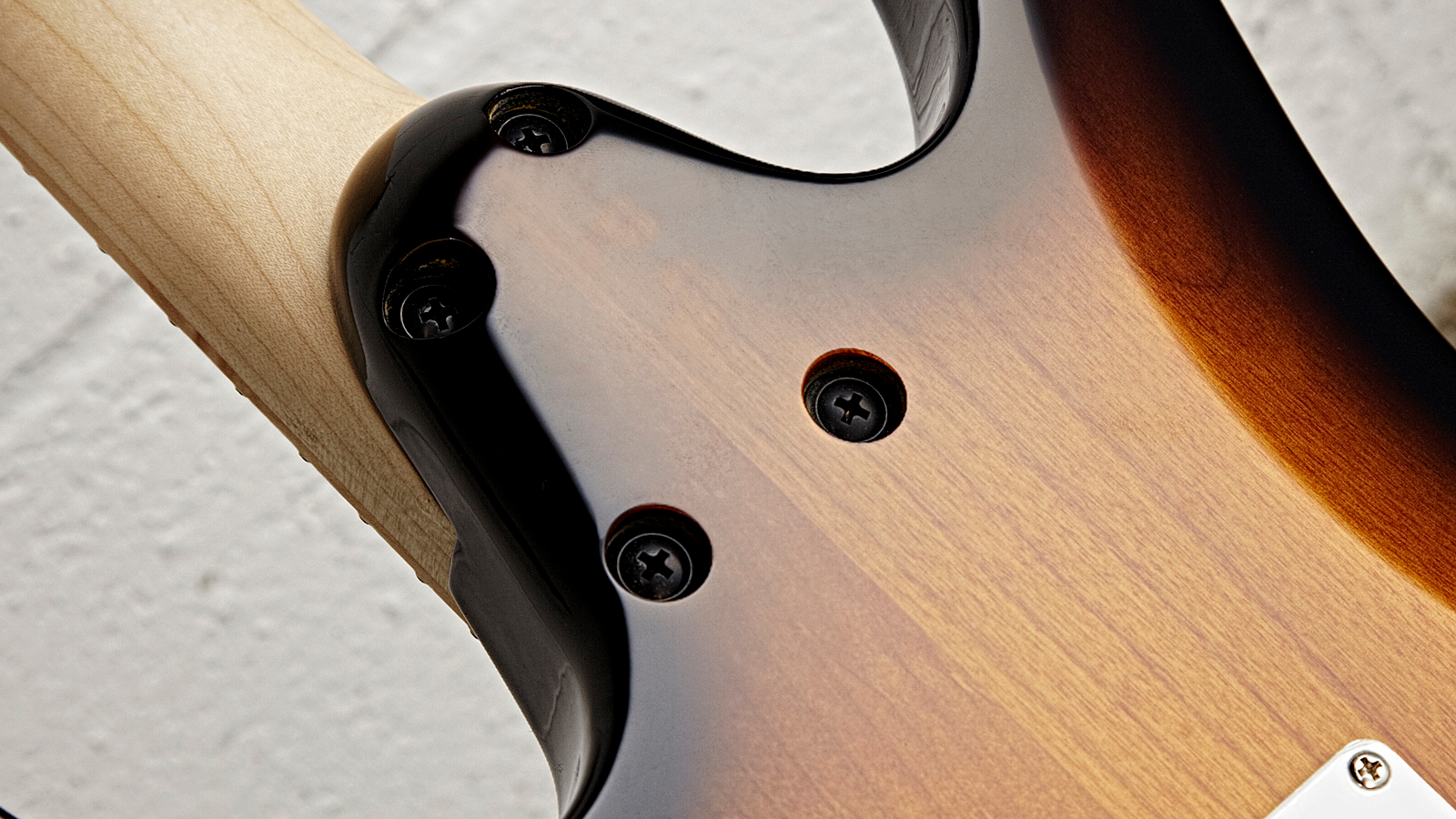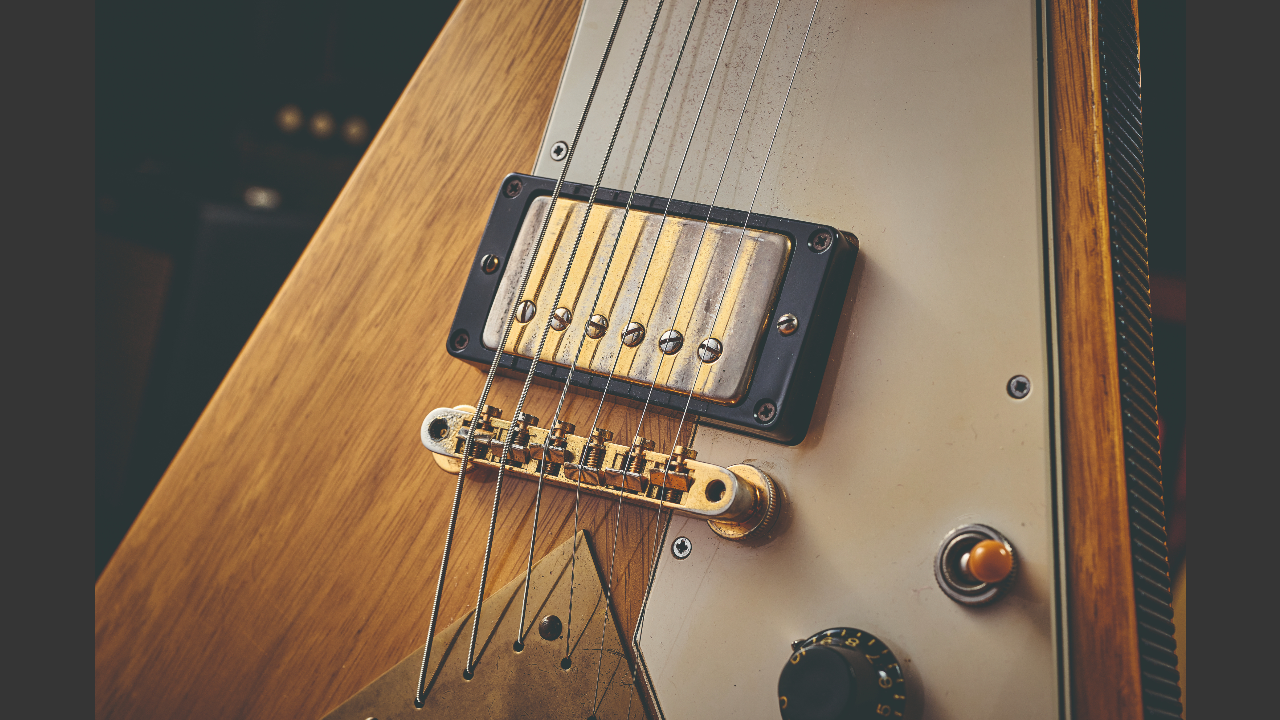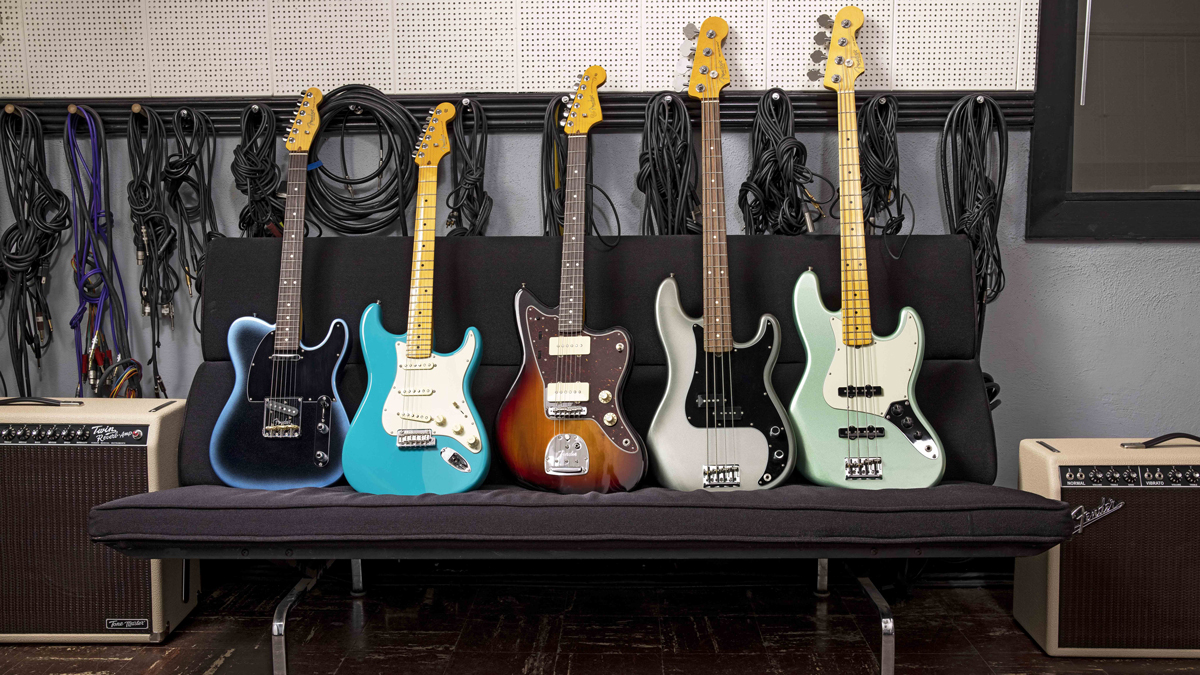“Weight is a crucial consideration that impacts both playability and tone”: A new study weighed more than 450 guitars to determine the lightest tonewoods on the market
The experiment's results outlined which woods are best for long playing sessions, and what tonal flavors they serve up

The tonewoods debate will forever rage on, and in those debates, the impact that a wood’s weight has cannot be understated.
Typically, heavier woods are known for their full sounds and more pronounced resonance, while lighter woods offer brighter tones as well as practical benefits, such as greater comfort during prolonged playing sessions.
With this in mind, the boffins at FindMyGutiar have weighed 466 guitars to learn more about which woods are as light as a feather, and which are back-breakingly heavy.
All guitars weighed were solid-body electric guitars without any weight relief treatment that could skew the results.
Data was mined from online marketplaces including Sweetwater and Reverb, analyzing the minimum and maximum weights listed for guitars made from each wood type to calculate an average weight. This helped counterbalance any weighty hardware – such as a Bigsby bridge – that may add a fair bit of weight to a guitar’s total.
Nyatoh, a go-to body wood for Ibanez, takes the crown with an average weight of 7.324 lbs. Its prominence is in mid-range guitars, aptly excelling with mid-range frequencies. It was used in Sterling by Music Man's Mariposa guitar, a cheaper version of Omar Rodríguez-López's signature model, and can also be found in Fenders and acoustic guitars.

At 4.451 lbs, basswood comes a close second. It has a softer and warmer tonal character and, as FindMyGuitar puts it, “a smooth midrange and a restrained high end,” making it ideal for players chasing a less aggressive sound. While that goes against Ibanez's frequent use of basswood, it explains why Fender prefers it for many Stratocaster models.
All the latest guitar news, interviews, lessons, reviews, deals and more, direct to your inbox!
Poplar (7.506 lbs) claims the bronze medal and is seen by many luthiers as a cheaper alder alternative. It possesses a similar tonal response but with a little more brightness and clarity. Squier, for instance, has recognized its validity when it comes to blues rock-friendly, entry-level guitars.
Ash (7.813 lbs), limba (7.824 lbs), and mahogany (7.843 lbs) are all extremely close in weight but have very different characteristics. Ash is extremely popular and can be found in Fender, Strandberg, and Cort guitars to name but three brands, thanks to its “strong, punchy tone with clear highs and tight lows,” while limba – also known as korina – is famous for its use in Gibson Flying Vs. It pairs an exotic look with rich tones.
Many may have expected mahogany to have come in a little heavier than it has, considering how full, warm, and rich its tones are – think Gibson Les Pauls and SGs. Alas, it’s only a little heavier than ash.
Maple (7.908 lbs) and alder (7.989 lbs) are up next. The former is more often found in necks and therefore used to compliment other wood choices. When paired with mahogany, for instance, brightness intermingles with the body wood's warmth. It’s preferred in metal and rock builds where treble presence is key.
Alder, as mentioned above, is a Stratocaster classic. It sits at the heavier end of the scale, though it's still considered fairly lightweight. That's because it has a great tonal balance between highs, mids, and lows, although FindMyGuitar says there is a slight emphasis on midrange here.

Okoume (8.363 lbs) is a fairly new player in the tonewood game but has already been adopted by Paul Gilbert and John Petrucci, who have used them in their signature Ibanez and Ernie Ball guitars.
Tonally, it's being seen by many luthiers as a mahogany alternative, with PRS and Dean Guitars using it in their builds.
Coming in at the rear, then, is a Pine (8.383 lbs), a fairly rare guitar wood. Fender used it as an Ash replacement for several models in its flagship American Professional II Series, and a flick through the history books shows its employment in some vintage Fenders over the years.
Its “bright and lively tone with a strong attack” make it a viable option for rock and country players, with FindMyGuitar saying its “tonal qualities can make it worth the extra weight for many players.”

“When choosing the right wood for a guitar body, weight is a crucial consideration that impacts both playability and tone,” the website concludes. “Nyatoh and basswood emerge as the lightest options, ideal for guitarists seeking maximum comfort during long playing sessions.”
It adds that poplar, ash, and limba (korina) offer a fine balance between lightness and “distinctive tonal qualities,” while okoume and pine “provide unique sound qualities for those who prefer a more substantial feel.”
Head to FindMyGuitar to learn more.
A freelance writer with a penchant for music that gets weird, Phil is a regular contributor to Prog, Guitar World, and Total Guitar magazines and is especially keen on shining a light on unknown artists. Outside of the journalism realm, you can find him writing angular riffs in progressive metal band, Prognosis, in which he slings an 8-string Strandberg Boden Original, churning that low string through a variety of tunings. He's also a published author and is currently penning his debut novel which chucks fantasy, mythology and humanity into a great big melting pot.

